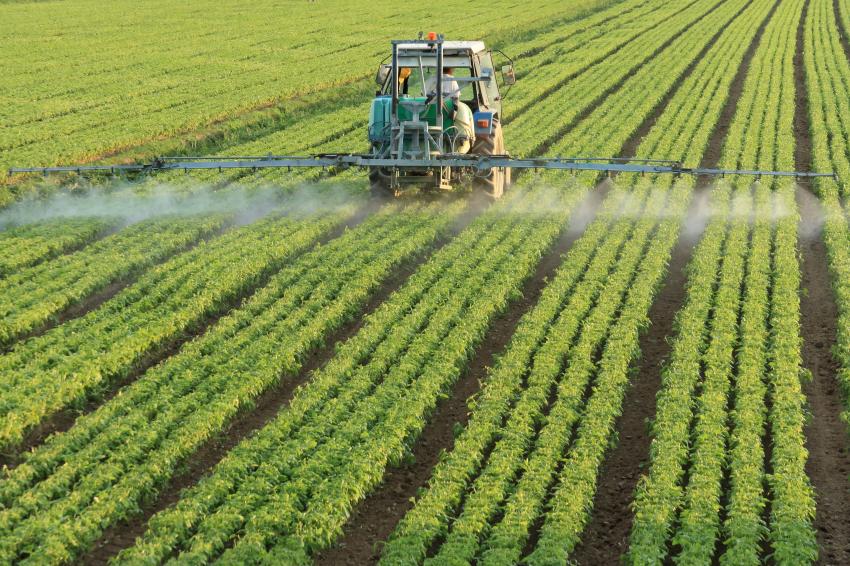Monsanto Unit Buys Digital Farming Company
29.11.2016 -
Monsanto subsidiary, The Climate Corporation, has acquired VitalFields, a farm management software company based in Tallinn, Estonia, for an undisclosed sum. Having previously spotted its potential, the US company’s venture capital arm, Monsanto Growth Ventures, was an early investor in VitalFields, which was founded in 2011 and spans seven European countries. VitalFields’ digital technology enables farmers to plan, manage and analyze their field activities, including simplified tracking and reporting of crop inputs to help comply with European environmental standards.
Mike Stern, CEO of The Climate Corporation, said the acquisition marks its first step into the European market. He commented: “VitalFields has built a successful business spanning multiple European countries and we see how their digital tools will complement our Climate FieldView platform offerings in the future.” Climate said it plans to expand the VitalFields user base to help European farmers to uncover valuable field insights and use the data to improve productivity.
Officially launched in 2015, the Climate FieldView program is now applied on more than 95 million acres across the US and Brazil, and is used by more than 100,000 US farmers. The platform provides a suite of digital tools, combining field data collection, advanced agronomic modeling and local weather monitoring into simple mobile and web software applications.
Monsanto is currently in the process of merging with German agribusiness rival Bayer. The $66 billion deal is anticipated to close by the end of 2017, following receipt of all regulatory approvals. Bayer has pledged a break-up fee of $2 billion should the transaction fail to get anti-trust clearance.
In an interview with the German newspaper taz this week, Liam Condon, head of Bayer CropScience, conceded that regulatory authorities are likely to demand some divestments to approve the Monsanto buy, even while adding that he sees little overlap. Condon said the two industry giants both have leading positions in the North American markets for cotton and canola. Market watchers have said they expect authorities to also demand the sale of some soybean assets.





